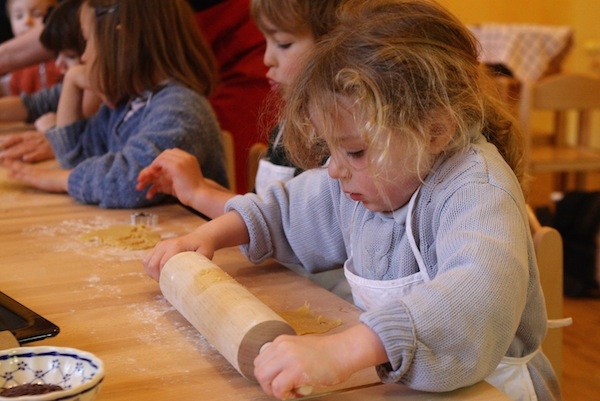As the number of inquiries into allegations of child abuse in institutions from the BBC to the NHS grows, a cross-party committee of MPs has today recommended that more children be taken into care when social services suspect they are being abused and neglected.
The Education Select Committee’s inquiry into the child protection system found that children were left for too long in damaging situations, and called for an urgent review of how the system can meet the needs of older children. The report, published this morning, said:
‘There is evidence that children have been left too long in neglectful situations. To tackle this, child protection guidance for all front-line professionals should include an understanding of the long-term developmental consequences of neglect and the urgency of early intervention.’
The MPs were also concerned that children of asylum seekers were being kept in destitution. Pat Glass said:
‘Children were kept in destitution almost as a way of forcing the parents to leave… we do not believe that the children should be used in that way.’
The report itself said it would be ‘outrageous if destitution were to be used as a weapon against children because of their immigration status’ and called on the government to review the impact of immigration policy on children to ensure that this was not occurring as some had alleged.
The committee also warned that too often decisions were made in favour of keeping a child with his or her parents when ‘securing positive outcomes and meeting the needs of the child should come before all other considerations’. It described care as a ‘viable, positive option at an earlier stage for many children’, recommending that ‘ministers should encourage public awareness of the fact that being taken into care can be of great benefit to children’.
This is indeed contrary to the public perception of the effects on a child of being taken into care, and many MPs who have had to battle on behalf of their constituents with social services may also worry about a lower threshold for taking children into care if it means professionals act on allegations which later turn out to be spurious. But as the committee emphasises, the child’s needs must be the primary consideration in these cases: it will be interesting to see how ministers respond to the calls both for a review of services for older children, and on encouraging social workers to consider removing children from situations of neglect and abuse.







Comments